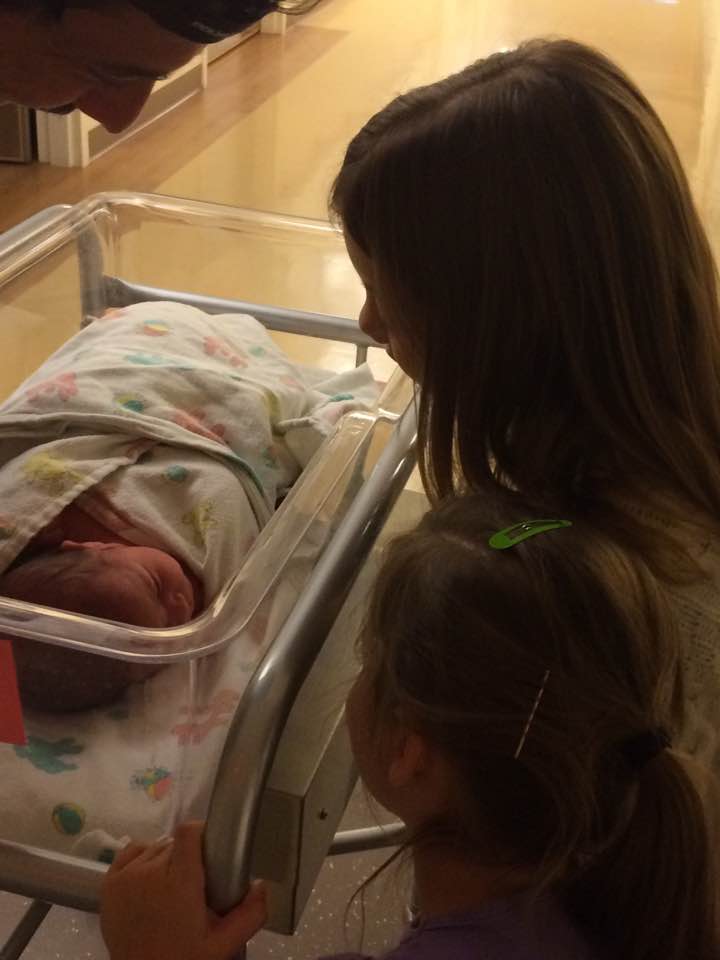 I grew quieter as the night grew longer, holding out the slimmest sliver of hope for a bunch of late votes to come in from Philadelphia or Detroit or Milwaukee or any pocket of promise where the optimism and beliefs of Blacks or Latinos, smart women and caring young men would save us from ourselves. I sat with a group of long-time friends in Raleigh, as we silently watched North Carolina slip away despite weeks and days and hours of work and passion to turn the lush, green state toward the sunlight, and away from the ominous elements of its dark past.
I grew quieter as the night grew longer, holding out the slimmest sliver of hope for a bunch of late votes to come in from Philadelphia or Detroit or Milwaukee or any pocket of promise where the optimism and beliefs of Blacks or Latinos, smart women and caring young men would save us from ourselves. I sat with a group of long-time friends in Raleigh, as we silently watched North Carolina slip away despite weeks and days and hours of work and passion to turn the lush, green state toward the sunlight, and away from the ominous elements of its dark past.
I wondered what I would say to my granddaughters, ages 7 and 5, and almost one, when I saw them this week, after they welcomed me back to California from spending four weeks in North Carolina to bring them back the first woman President in the nation’s history, and show them that, yes, girls could do and be anything. I smiled to myself, knowing they already knew that, since their mother and father show them that each moment of every day with unconditional love and belief in all they do. There is no room for the luxury of despair when the bright eyes of babies await your every breath, and wink and word.
I thought of the scene in “Life Is Beautiful” when the Roberto Begnini’s character makes the brutality of Nazi occupation into a game of hide and seek, protecting his young son from the horrors of fascism and war. We grown-ups have far more than our own feelings and fears on which to focus. Children are watching us, sensing our moods, and hopelessness is the ultimate act of self-absorption.
I tried to go to sleep sometime around 3:00 a.m. after Hillary Clinton confirmed for us that the nightmare in our closet was real, and was no longer staying behind closed doors. I tossed and turned to try and break the fever dream, but visions of crashing financial markets, and crumbling constitutional protections were dancing wildly in my head. I remembered the same feeling in 1968, when I stayed up all night to watch Hubert Humphrey concede to Richard Nixon; in 1980, when Ronald Reagan crushed Jimmy Carter, and in 2000, when Florida’s hanging chads hung Al Gore and the rest of us out to dry. Then, too, I was in disbelief, over the Supreme Court deciding a Presidential election, and, for the first time, thought of moving to another country. But fleeing was against my nature, loyal-to-a fault to the people I love, and the places I am attached to.
We thought the world ended when the Towers fell on 9/11, and for thousands of people and their families, it did. They were my towers, where I worked for 6 years; they were all my children who died, and I cried uncontrollably when I first saw the 8 x 11 photo-copies of photos of all the “missing”, on the outside walls of St. Vincent’s Hospital in NYC. But, daily life continued for each of us, and we got up about our business the following morning and the day after that, and began to rebuild our lives and our world. I remember my niece, Camille, pregnant with her first child, due a few months later, sharing with me her concern over bringing a new life into such a terrible world. New life, I told her, new hope, is all the more important now, and so is greater love, as the only antidote to hatred and despair. I didn’t entirely believe what I said then, but knew I had to say it to rescue her from despair, and in time, I came to believe it myself. When my niece’s daughter Sophia was born, on Earth Day, 2002, her birth affirmed that the beauty of life and love and hope can bloom in the darkest of times.
In my four weeks in North Carolina leading up to the Election of 2016, I visited several African American churches. One was a 148-year old Presbyterian Church in downtown Raleigh; the other a 161-year old AME Zion Church in Fayetteville. I ran my hand over the date “1855” carved into the cornerstone of the Fayetteville church, dumbstruck that the church was there before slavery ended, and still stood sturdy today, the center of life, hope, love and powerful faith.
The churches and their communities had weathered enslavement, racism, terror, inequality, hatred and the pummeling of natural disasters, like hurricanes, which pounded them almost as relentlessly as the man-made ones. Yet they did not despair; they had no time for such luxuries. Life went on, and so did they. So will we.
****

